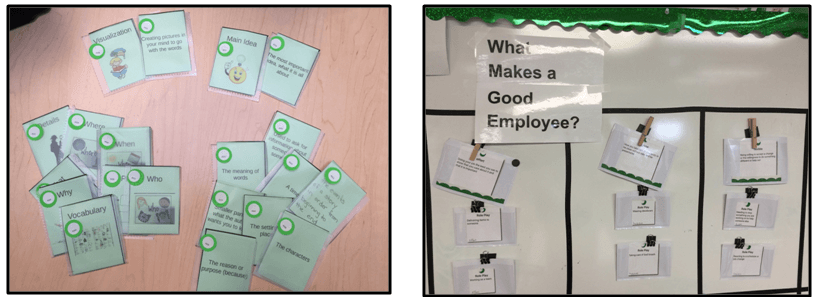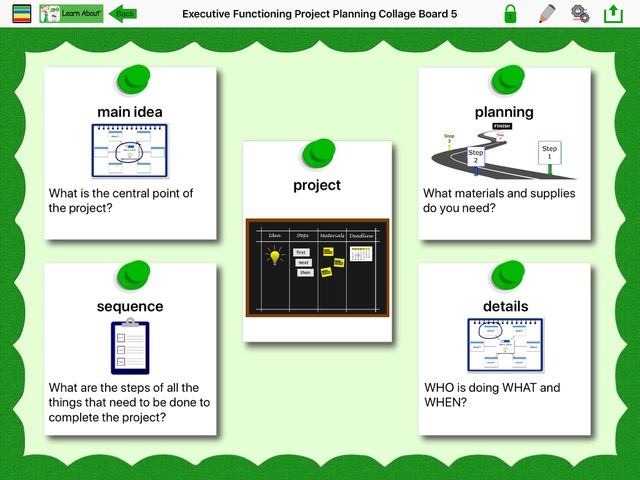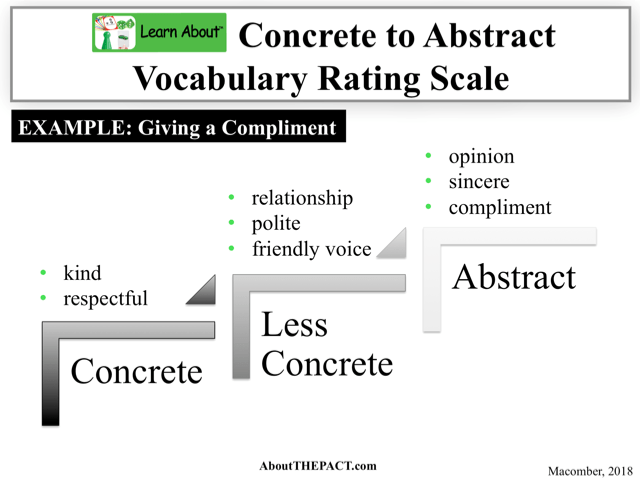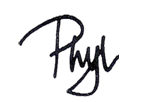
It is impossible to overstate the importance of building a solid foundation of word knowledge and meaning to be successful in life. Strong vocabulary skills are tied to success in reading achievement and reaching literacy milestones.
If learners do not know the vocabulary meanings of the words they read about and hear, these learners do not have a full understanding or comprehension of what they are listening to, reading about, or even more abstractly, writing and talking about.
In general, comprehension improves as you learn what words mean.

Periods of recurrent growth in the understanding of words and their relationships occur in school age and adult years. New words are continually added to a person’s “lexicon.” Specifically, a lexicon is a person’s own “individual dictionary” containing words and the underlying concepts related to each word.
Vocabulary knowledge is highly correlated with linguistic competence – meaning language skills and capabilities. Many of the learners those of us serve in the field of special education have language-related challenges. Consequently, focusing on improving vocabulary skills of these learners is absolutely essential.
Learners need to increase the number of words they know so that they can then use this vocabulary in a variety of contexts as their life experiences and settings evolve – educationally, vocationally, and socially.


Career Readiness, and Executive Functioning Skills
Oftentimes, educators struggle with how to introduce a vocabulary set to a learner or group of learners. Questions often arise about the order of how to teach vocabulary on a specific topic. In my courses and seminars, I walk participants through how to “rank” vocabulary using T.H.E. P.A.C.T. Concrete-to-Abstract Rating Scale. This gives you strategies of how to sequence vocabulary words into three categories: concrete, less concrete, and abstract.
Here is a speech-language example of ranking vocabulary using T.H.E. P.A.C.T. Concrete-to-Abstract Rating Scale for teaching a social communication unit on the topic of “Giving a Compliment:”

Please keep in mind that vocabulary ranking may be different for diverse learner profiles – meaning the same set of words may be ranked differently for one student versus another student.
In my eyes, two of the greatest gifts we can give a learner related to this area of language instruction are (1) a rich and functional vocabulary and (2) the skills to then use that vocabulary in meaningful experiences and valued life outcomes.
All the best,

